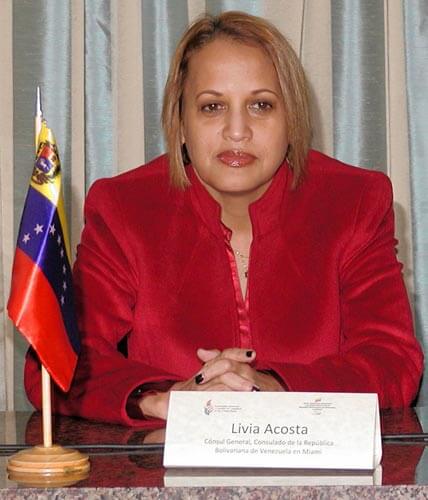Local creative economy development requires a functioning system of intellectual property rights. [1] These rights provide opportunities in several ways, as they regulate ownership, add value and facilitate trade in cultural goods and services, thus benefitting individual creators as well as creative communities. The incentives and rewards they afford encourage investment and the development of sustainable business models, helping to produce lasting economic and social benefits. They give authors and other creators the exclusive right to control the use of their literary, artistic, musical and dramatic works for a limited period of time (subject to certain limitations and permitted exceptions).
As cultural expression is forged by a wide cross-section of society, copyright policies and regulations can facilitate the creation of economic opportunities that penetrate through to the grass-roots level. They are a necessary instrument for the integration of community based creativity into the national and global economy. Intellectual property rights thus enhance the local development potential of culture, notably among the least developed countries.
On July 18, 2013, I wrote an article entitled “Garifuna Music Business: Ichahówarügüti vs Intellectual Property”, and I shared that nineteen years after the “Sopa de Caracol” Conch Soup controversy, there were only 35 Garifuna titles registered with the U.S. Copyright Office and only 12 had been authored by Garinagu. To date, there are 48 and 20, seven new ones since the article and one that was brought to my attention recently, which was registered in 2008! Following is a breakdown by year: 1979 1, 1995-1999 6, 2002-2014 13
The “ World Intellectual Property Organization (WIPO) “, one of the 17 specialized agencies of the United Nations, which was created in 1967 “to encourage creative activity, to promote the protection of intellectual property throughout the world”. Intellectual property (IP) is a term referring to a number of distinct types of creations of the mind for which a set of exclusive rights are recognized-and the corresponding fields of law. Under intellectual property law, owners are granted certain exclusive rights to a variety of intangible assets, such as musical, literary, and artistic works; discoveries and inventions; and words, phrases, symbols, and designs. Common types of intellectual property rights include copyrights.
In 2011, the Garifuna Coalition USA, Inc. sponsored two music symposia, including a workshop entitled “ The Business Of Music: Music Copyrights and Music Publishing,”presented by Music Business Professor Gary Fritz. I am happy to report that one symposium participant, has registered two copyrights with the U.S. Copyright Office.
A copyright is a form of intellectual property law, which protects original works of authorship including literary, dramatic, musical, and artistic works, such as poetry, novels, movies, songs, computer software, and architecture. Copyright is a form of protection granted by law for original works of authorship fixed in a tangible medium of expression. Copyright covers both published and unpublished works.
Registered works may be eligible for statutory damages and attorney’s fees in successful litigation. Some individuals promote the practice of sending a copy of your own work to yourself, which is called a “poor man’s copyright.”However, according to the U.S. Copyright Office, there is no provision in the copyright law regarding any such type of protection, and it is not a substitute for registration.
Therefore, if the Garifuna Community wants to take advantage of the incentives and rewards afforded by intellectual property rights to encourage investment and the development of sustainable business models, Garifuna authors and other creative must continue to increase copyright registrations. As professor Fritz emphasized during the Symposium “If you don’t take care of your business, your business will not take care of you!”
[1]Chu, C. (1998). Bowie bonds: A key to unlocking the wealth of intellectual property. Hastings Comm. & Ent. L.J., 21:469.
© 2014 José Francisco Ávila, All Rights Reserved




















